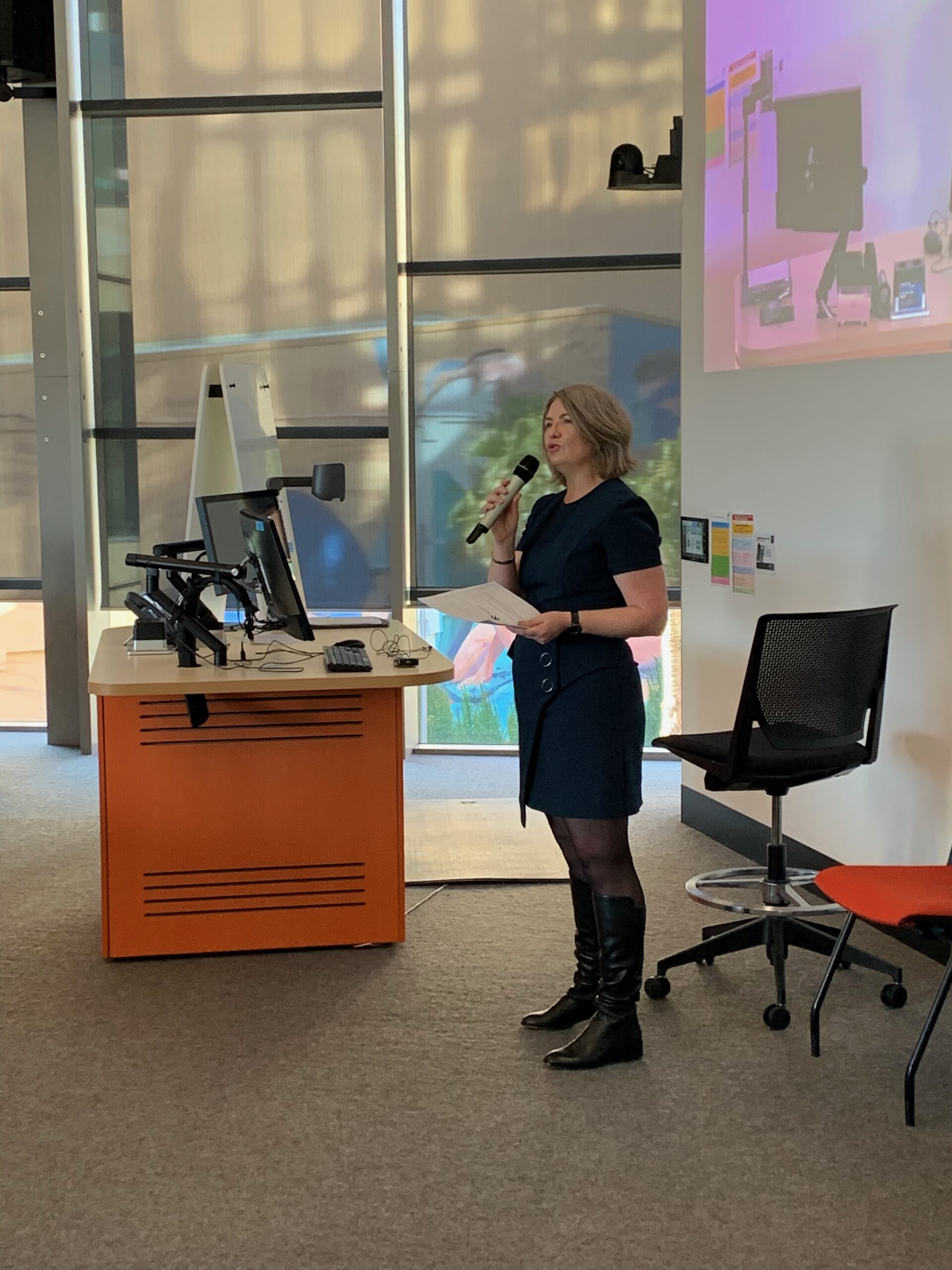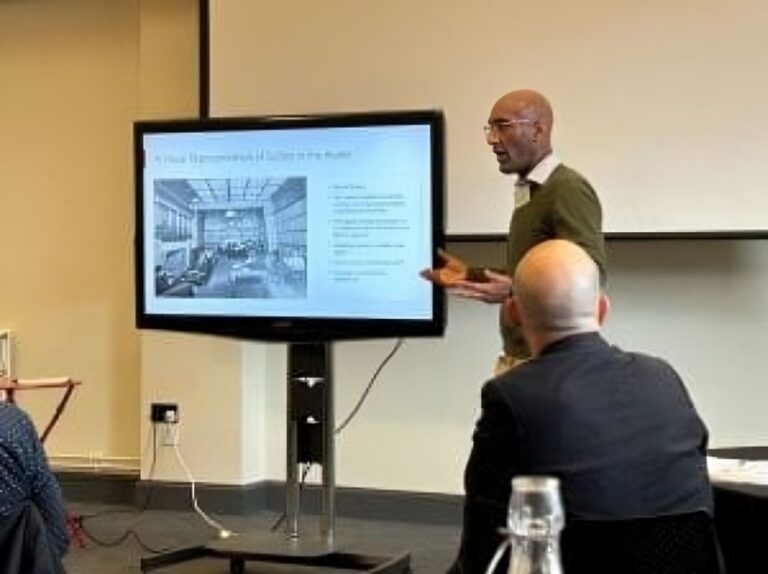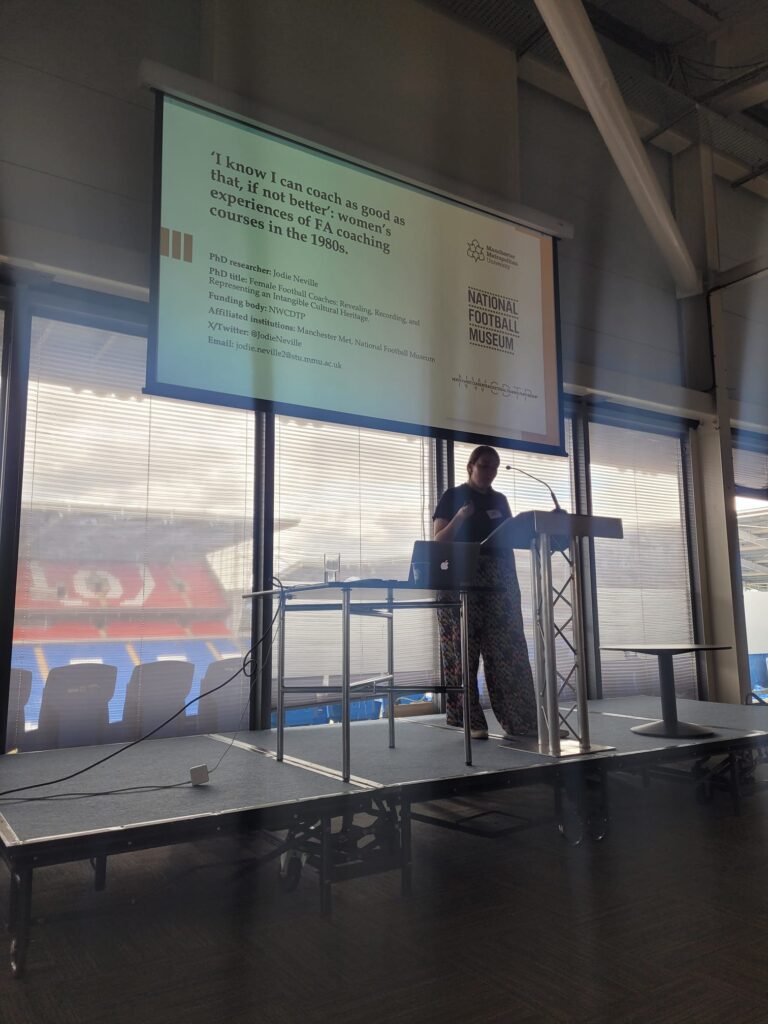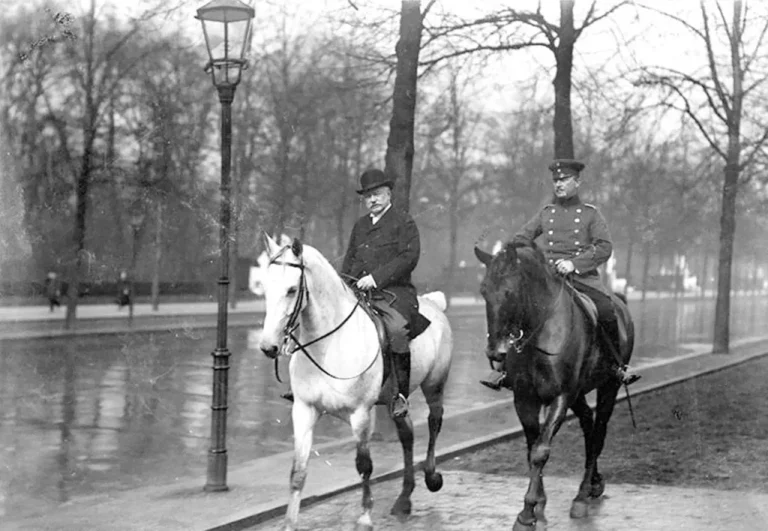Life Outside Institutions: The World of Care for People Leaving Psychiatric Hospitals

We’re delighted to welcome Catharine Coleborne as a Visiting Professor at Manchester Met. Professor Coleborne will be with the Department of History, Politics, and Philosophy (and with Histories of RGSI) from June 2025 to May 2028.
The value of historical perspectives on mental illness, institutions, forms of post-institutional care, and the role of communities in providing care are all prominent themes in our present moment. Despite the fact that it is now several decades since the institutional closures in the process known as deinstitutionalisation, social understanding of the complex role played by communities in mental health care outside hospitals is not well documented. This matters because we risk losing our appreciation for the contributions made by carers, voluntary workers, and the challenges faced by those who sought care, as well as their families.
As we reflect on the role for the humanities scholar, and the historian of mental illness and mental health, we should not overlook mental health heritage. This heritage can take many forms: archival records, institutional physical places as sites of memory, oral stories, material culture, creative work, and written accounts of lived experiences of institutional treatment and care. Increasingly, we need to look beyond the institution itself to find out more about mental illness; at the same time, we acknowledge the powerful intellectual frameworks for studying institutional worlds and confinement as a defining story of the nineteenth and twentieth century, a theme I have researched over time.
My newest research focuses on mental health aftercare through a project titled ‘Life Outside Institutions’. Together with my colleague Dr Effie Karageorgos, and with funding from the Australian Research Council [ARC DP240100640] we are plotting the experiences and stories of people who accessed mental health aftercare through organisations in Australia between c. 1907 and 1960. We are engaging with two contemporary organisations – Stride in New South Wales (formerly Aftercare NSW from 1907) and Casson Homes in Western Australia (formerly the Mental Hospital After Care & Comforts Fund Association from 1922). We have also examined significant archives related to mental health organisations and associations in Victoria, and the records of returned servicemen in the period. Our small team is aiming to produce two books, an exhibition at the University of Newcastle’s (Australia) Watt Space Gallery, together with articles, presentations, student work, and community engagement. Our project involves an International Expert Group which includes Professor Rob Ellis at Manchester Metropolitan University.
I am very excited to join Manchester Metropolitan University as a Visiting Professor of Mental Health History from June 2025. This opportunity means that I can share my ideas with colleagues in the United Kingdom, and in particular, collaborate with Rob Ellis on projects including our shared interest in mental health and communities, health heritage and public histories, as well as newer work to engage current and future scholars around the themes of mental illness and migration (see earlier work here).
During my time as a Visting Professor, and particularly through a physical visit to MMU in 2026, I am looking forward to meeting researchers at MMU and learning from your approach to making an impact through research and education. The University of Newcastle and MMU share the same important goal and commitment to make a difference in our communities, and to grow research with our partners to ensure meaningful research outcomes.
Catharine Coleborne is a Professor of History in the College of Human and Social Futures at the University of Newcastle where she is also the Associate Dean Research and Innovation (interim).
She is the co-director of the new Centre for Society, Health and Care Research located in the School of Humanities, Creative Industries and Social Sciences. Her most recent book is Vagrant Lives in Colonial Australasia: Regulating Mobility, 1840 – 1910 (Bloomsbury 2024).



